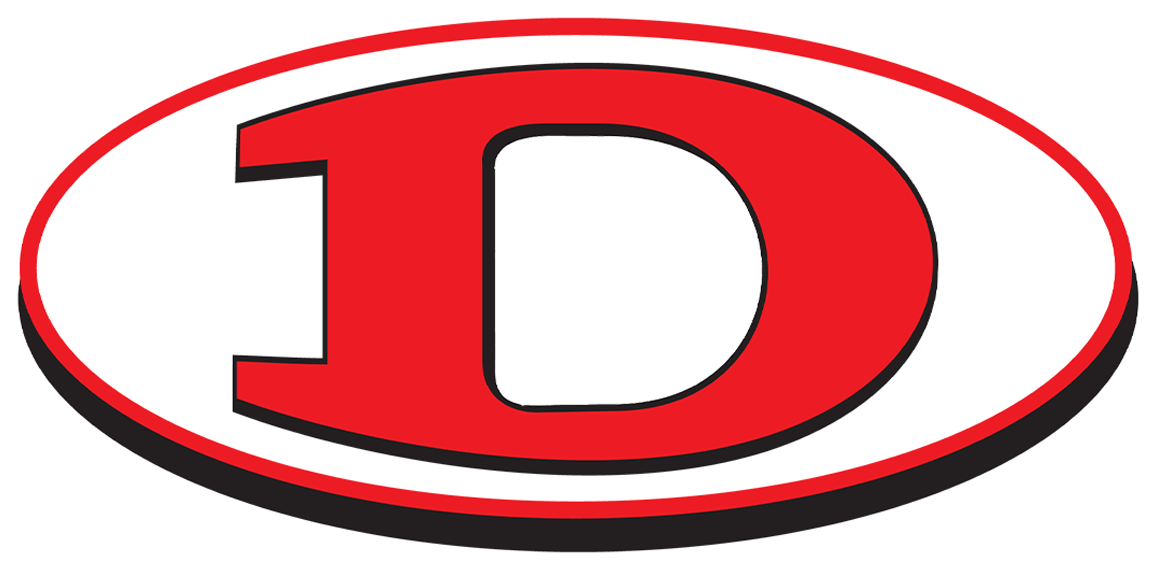International Baccalaureate Programme
The International Baccalaureate Program is a comprehensive and rigorous two-year curriculum for high school students beginning in the junior year. Based on the educational pattern of no single county, it is the deliberate compromise between the specialization required in some national systems and the breadth preferred in others. The Diploma program requires a comprehensive and integrated study in six subject areas, an extended essay (4,000-word thesis of original research), the Theory of Knowledge course, and CAS (Creativity, Action, and Service to the community). The last three components link academic studies to broader experiences, educating the whole person.
Mission Statement:
The International Baccalaureate Organization aims to develop inquiring, knowledgeable and caring young people who help to create a better and more peaceful world through intercultural understanding and respect.
Diploma Requirements:
The IB Diploma is earned when a student successfully completes the 6 required IB courses and the 3 required "central elements".
Required Courses -Students must select one course from each of the following IB Subject Groups: (3 must be HL/2-year course of study – the other 3 may be SL/1-year course of study). Higher Levels (HL) and Standard Levels(SL) are IB classifications that describe the level of depth and breadth of the course. The level of rigor is the same, but the Higher Level courses are required two year courses.
Group 1: Literature (HL)
Group 2: World Language Acquisition (SL) – Spanish, French, German, Latin
Group 3: Individuals and Societies (HL) – History of the Americas, Psychology (this course may be substituted as the Group 6 requirement)
Group 4: Sciences – Biology or Chemistry (HL/SL)
Group 5: Math – Analysis & Approaches (HL/SL), Applications & Interpretations (SL)
Group 6: The Arts – Theatre (HL/SL), Visual Arts (HL/SL)
Assessments:
Students are assessed primarily by external examinations which are taken at the same time throughout the world. Each student is graded on a scale of 1 to 7 in each subject. The internal assessment or research project done in each of the 6 areas also contributes to the score. A minimum of 24 points in the six academic subjects plus the satisfactory completion of the central elements are required to earn the diploma. In general, a higher grade in one course may be used to compensate for a lower grade in another course, though there are some exceptions to this rule.
